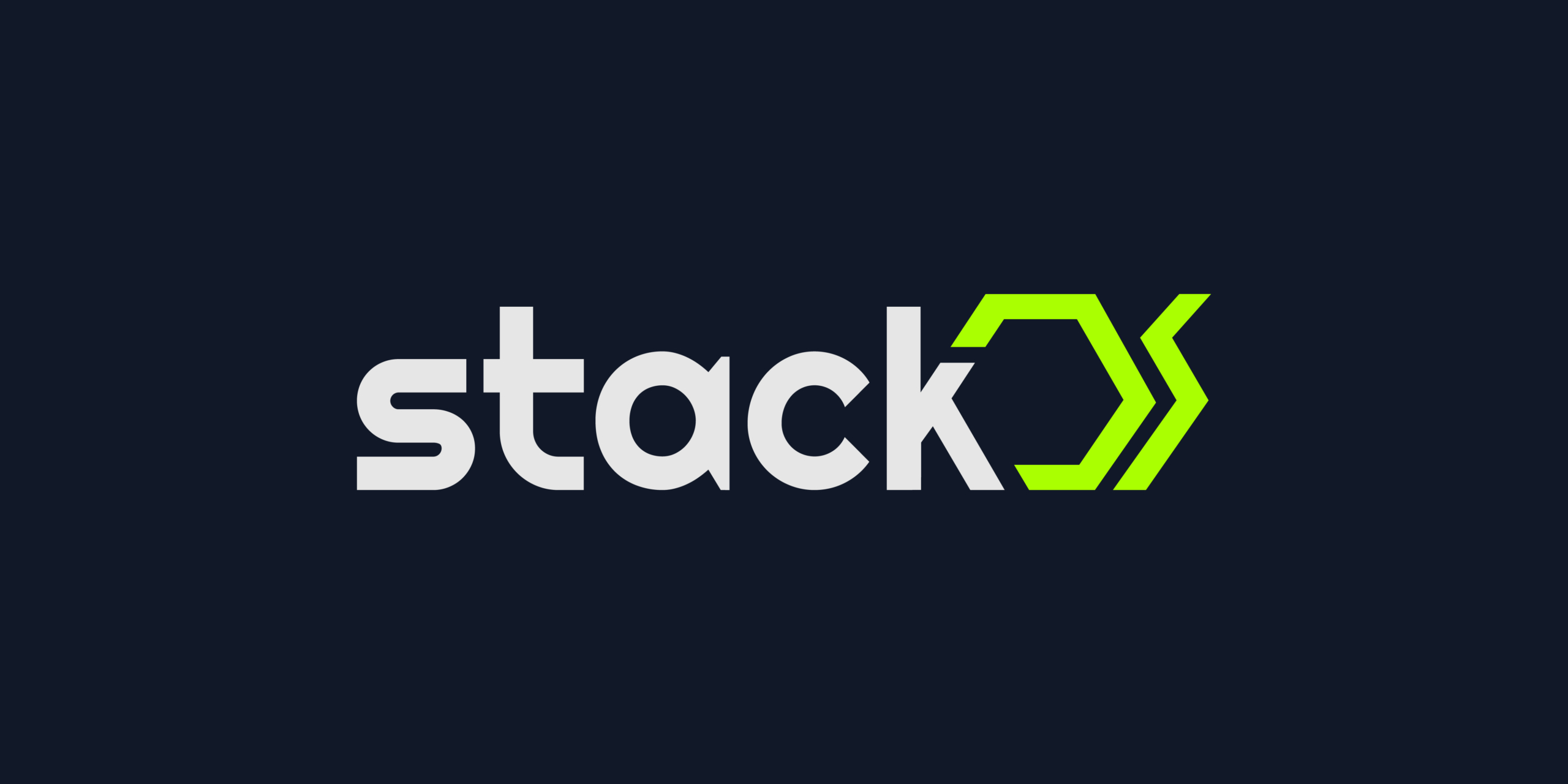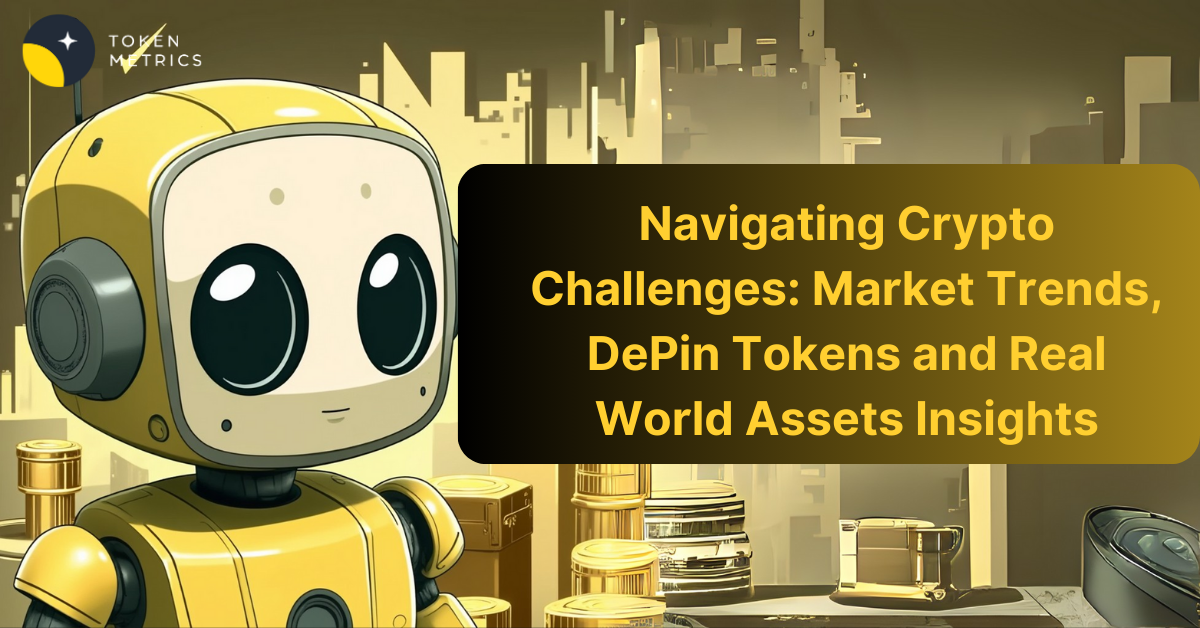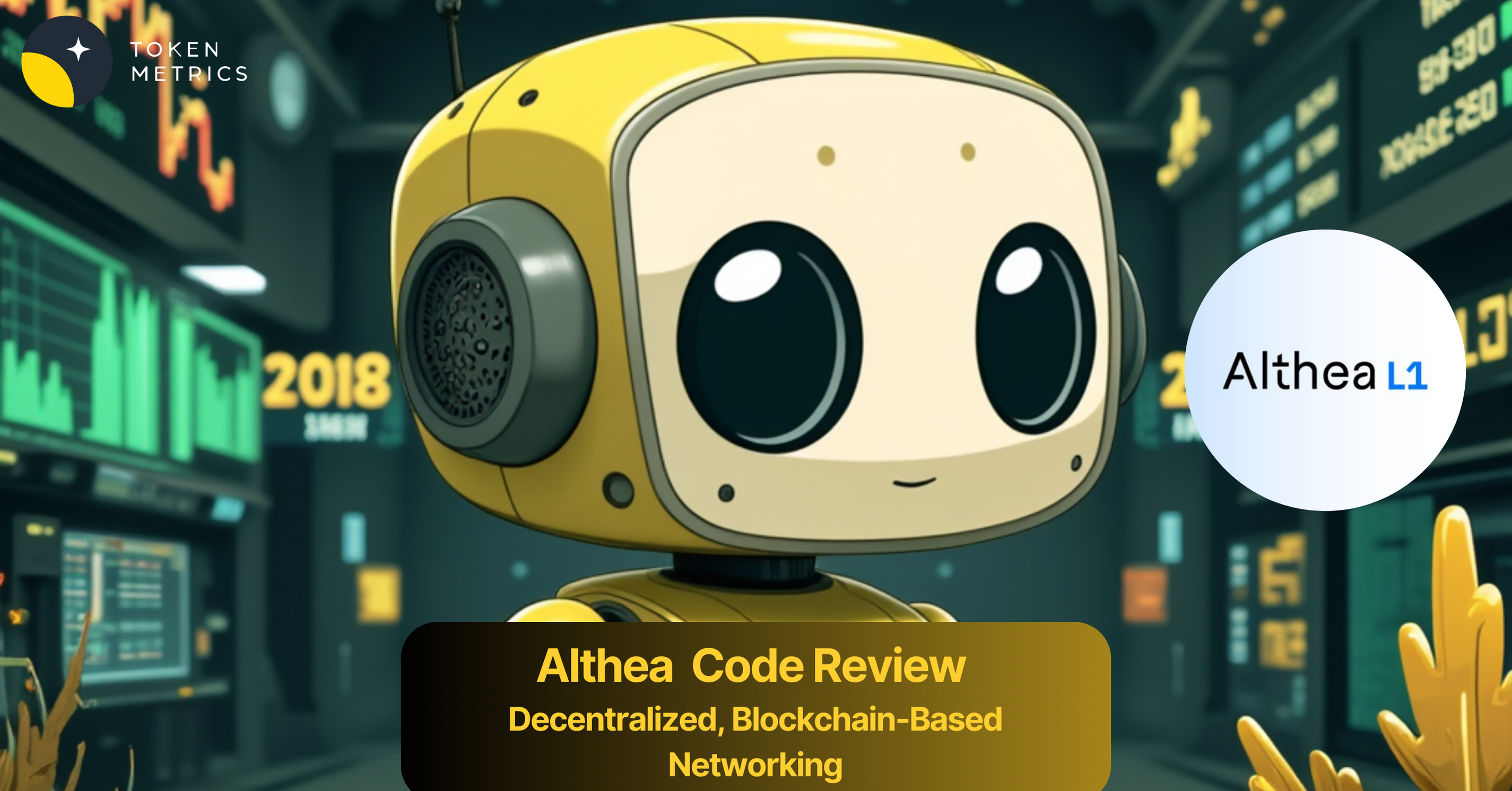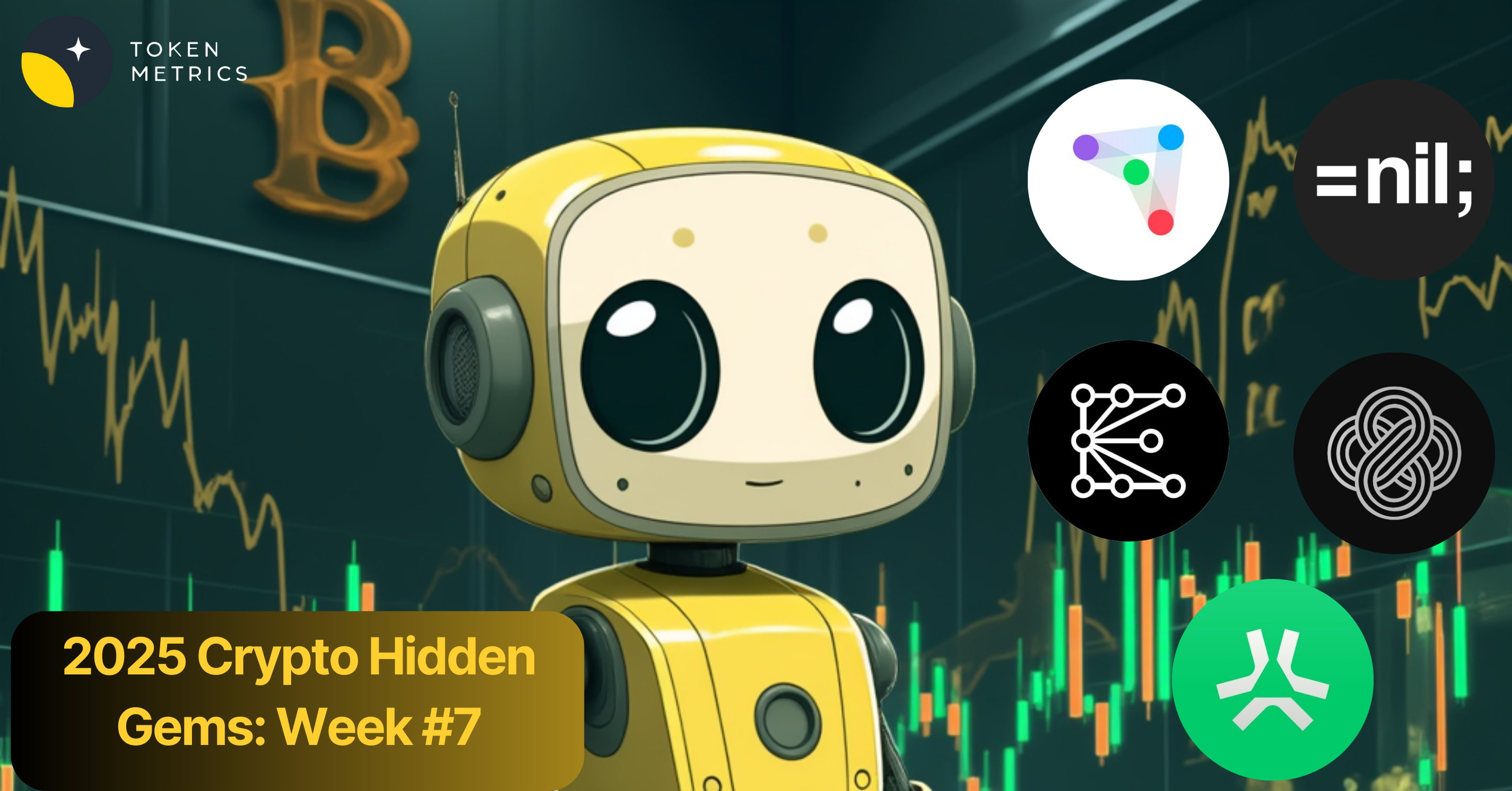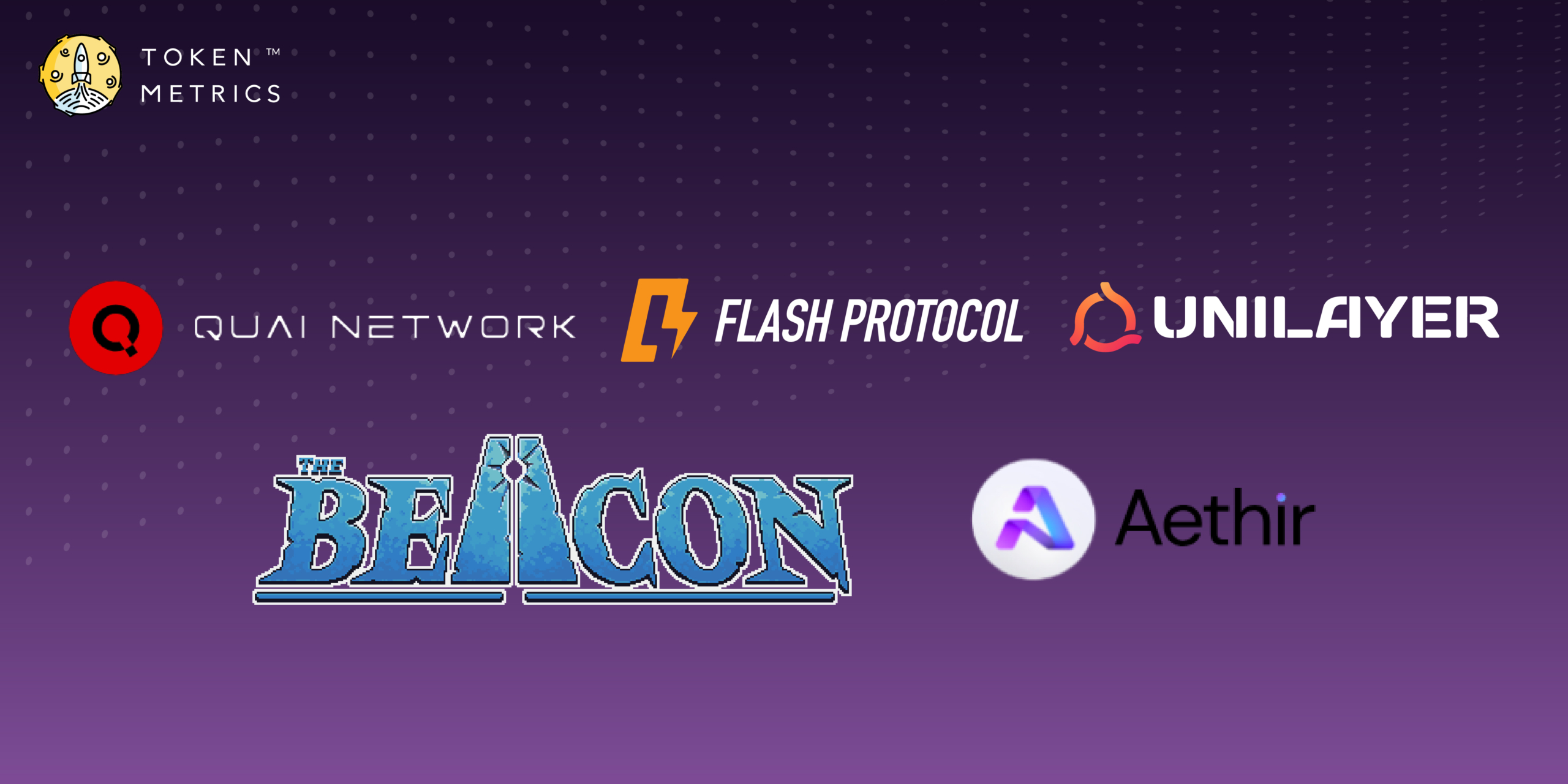Executive Summary
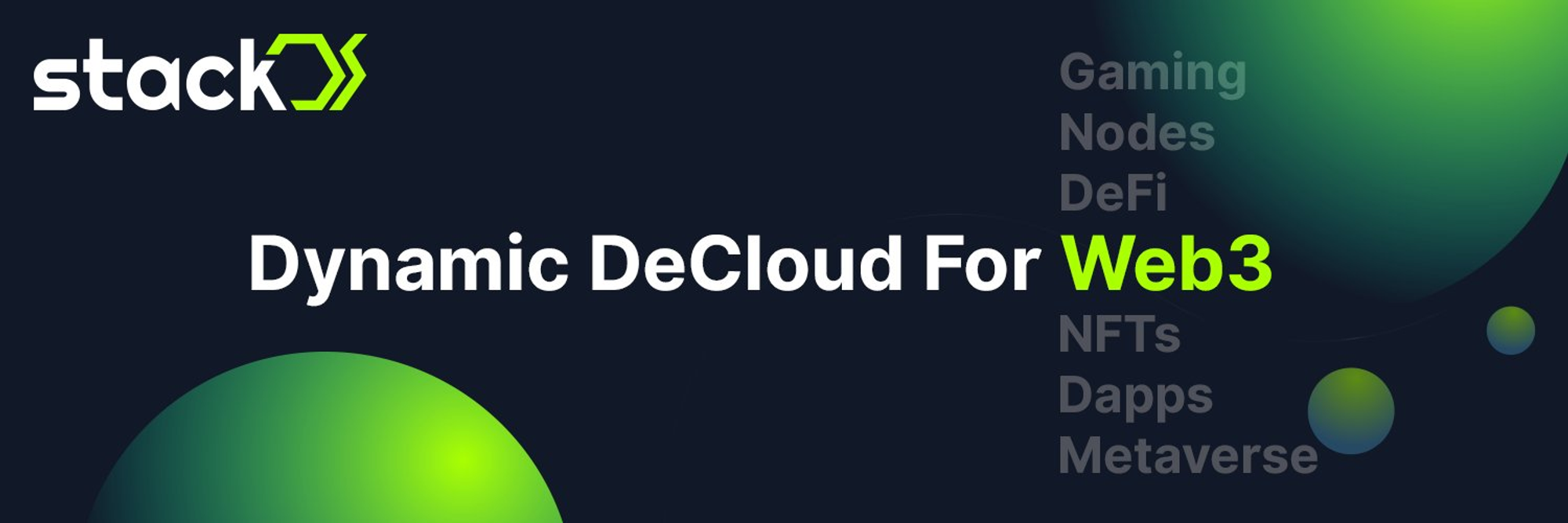
StackOS operates as a cross-chain open protocol, enabling individuals and organizations to pool their computing resources. This collaboration creates a decentralized cloud infrastructure where global developers can deploy various applications, including full-stack applications, decentralized apps (DApps), blockchain private networks, and main net nodes.
The primary objective is to introduce “The Unstoppable Infrastructure Protocol,” empowering individuals worldwide to deploy applications without the burden of significant cloud management expenses.
Project Overview
DeCloud, a blockchain-based cloud system by StackOS, utilizes decentralized nodes for control, offering a cost-effective alternative to traditional clouds. The DeCloud protocol manages the app environment, ensuring heightened safety, security, and data integrity without a single point of failure. It establishes a censorship-resistant peer-to-peer network, creating a marketplace for surplus resources. Recognizing the limitations of centralized clouds, DeCloud provides transparency, control, and cost-effectiveness. Decentralization mitigates control distribution, reduces costs, eliminates limits, and improves application safety. StackOS, in response to concerns about centralized cloud services, ensures secure deployments. Optimize operations with DeCloud, avoiding centralized limitations without concerns about downtime, security, or privacy. StackOS connects developers to decentralized computing power through a no-code UI, facilitating secure, global deployment of applications.
Features
- No-Code Interface: Our user-friendly interface has been meticulously designed to support Docker images, simplifying the deployment of applications with a single click. This eliminates the necessity for command-line interfaces (CLI) or complex environment setups.
- Open Protocol Flexibility: Embrace the adaptability of our open-source protocol, providing users with the capability to deploy a diverse range of applications spanning back-end, front-end, and blockchain nodes.
- Decentralized Cloud Infrastructure: Gain access to a consistently reliable, secure, and anonymous deployment engine facilitated by a global network of cluster operators, ensuring a decentralized cloud environment that prioritizes trustworthiness.
- Integrated CI/CD Capabilities: Take advantage of our all-encompassing Continuous Integration and Continuous Deployment (CI/CD) suite, tailored to individual requirements for a seamless development pipeline.
- Managed Infrastructure Services: StackOS inherently delivers a managed DevOps experience, effectively alleviating the complexities of managing compute infrastructure.
- Interoperability Focus: By leveraging Binance Smart Chain (BSC) and MATIC chains, StackOS enables the effortless deployment of various applications, fostering interoperability within the StackOS protocol and promoting seamless integration across platforms.
StackOS Market Analysis
In 2022, the global cloud computing market reached a valuation of $569.31B, and it is anticipated to witness substantial growth, projected to rise from $677.95B in 2023 to a staggering $2,432.87B by 2030. Key players in this domain, such as Amazon Web Services (AWS), Microsoft Azure, and Google Cloud, currently dominate, offering businesses the essential infrastructure to scale their operations seamlessly. This underscores the immense potential of the market. The landscape, however, is evolving with the advent of blockchain technology, giving rise to new decentralized cloud computing and storage projects such as Akash Network, Internet Computer Network, etc. Amidst these developments, StackOS emerges as a compelling alternative to conventional cloud services, championing principles of decentralization, cost-effectiveness, user-friendliness, and community-driven governance.
In an era where the cloud computing market is experiencing exponential growth, StackOS stands out as an innovative solution, catering to businesses seeking scalability and a decentralized, economically viable, and user-centric cloud computing platform. With a focus on community-driven governance, StackOS envisions a future where businesses can harness the benefits of the cloud without compromising on decentralization and cost-efficiency principles.
Investors
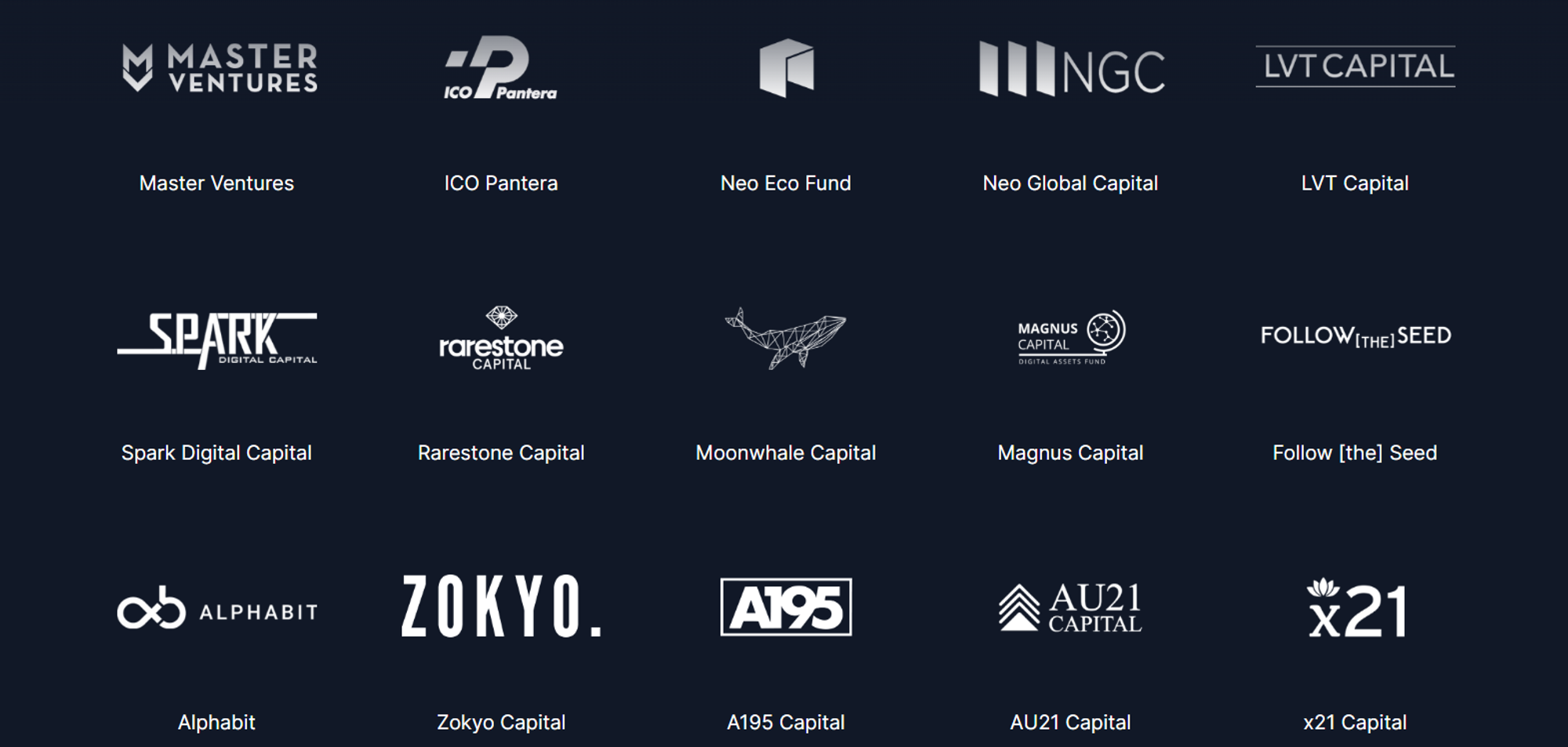
Team
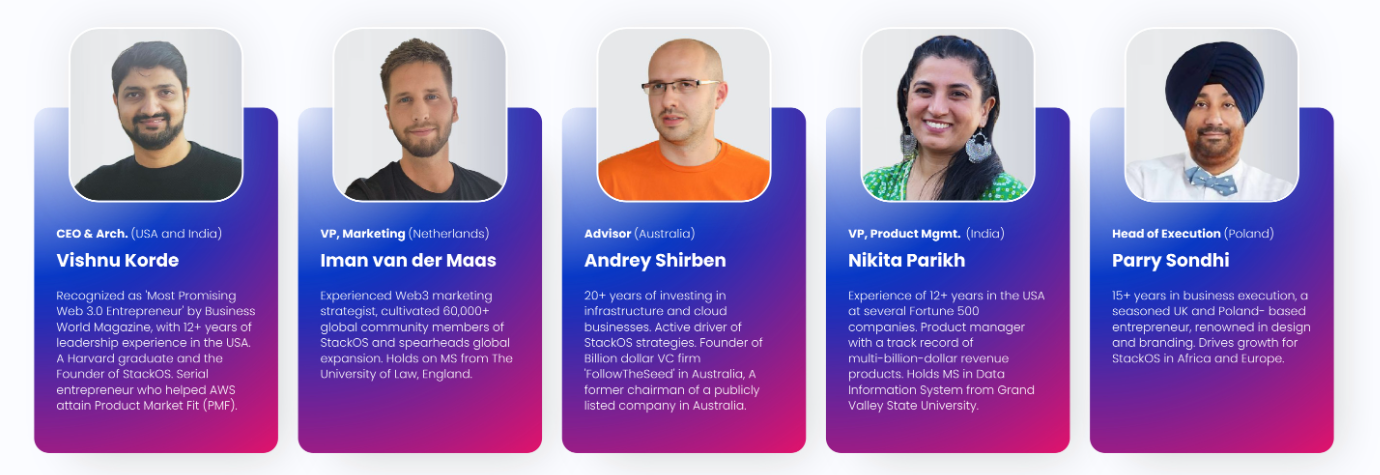
As the Founder and CEO of StackOS, Vishnu Korde brings a wealth of experience from the cloud computing domain, having previously worked at AWS. He leads a skilled team and drives StackOS as a visionary in decentralized cloud solutions. His leadership and the team’s expertise position StackOS as a key player in the evolving cloud computing landscape, committed to delivering innovative solutions.
Conclusion
In the dynamic landscape of cloud computing, StackOS stands out as a unique and innovative solution, poised to make a significant impact. Positioned as an open protocol, StackOS is committed to redefining cloud computing, offering a decentralized experience that empowers developers to deploy applications swiftly and securely. The platform’s no-code, UI-based deployment engine simplifies the deployment process, making it efficient and accessible. StackOS’ distinctive features and forward-thinking approach make it an intriguing and promising project within the expansive cloud computing market. As StackOS continues to evolve, it presents itself as a key player contributing to the evolution of cloud computing paradigms.
| Fundamental Analysis | |||||
| Assessment | |||||
| Problem | Significant, long-term problem | 3 | |||
| Solution | Distinct, defensible solution | 3 | |||
| Market Size | Large market, significant growth potential | 3 | |||
| Competitors | High competition, but room for differentiation | 2 | |||
| Unique Value Proposition | Clear differentiation and value for customers | 3 | |||
| Current Traction | Solid traction, user engagement and retention growing | 3 | |||
| Unit Economics | Positive unit economics, with plans for further improvement | 3 | |||
| Tokenomics | No clear token strategy or poorly conceived strategy | 1 | |||
| Product Roadmap | Basic roadmap, lacks detail or innovative features | 2 | |||
| Business Model | Proven business model with clear path to profitability | 3 | |||
| Go-to-Market Strategy | Basic GTM strategy, lacks detail or differentiation | 2 | |||
| Regulatory Risks | Minimal regulatory risk, strong mitigation and adaptability | 4 | |||
| Total | 66.67% | ||||

